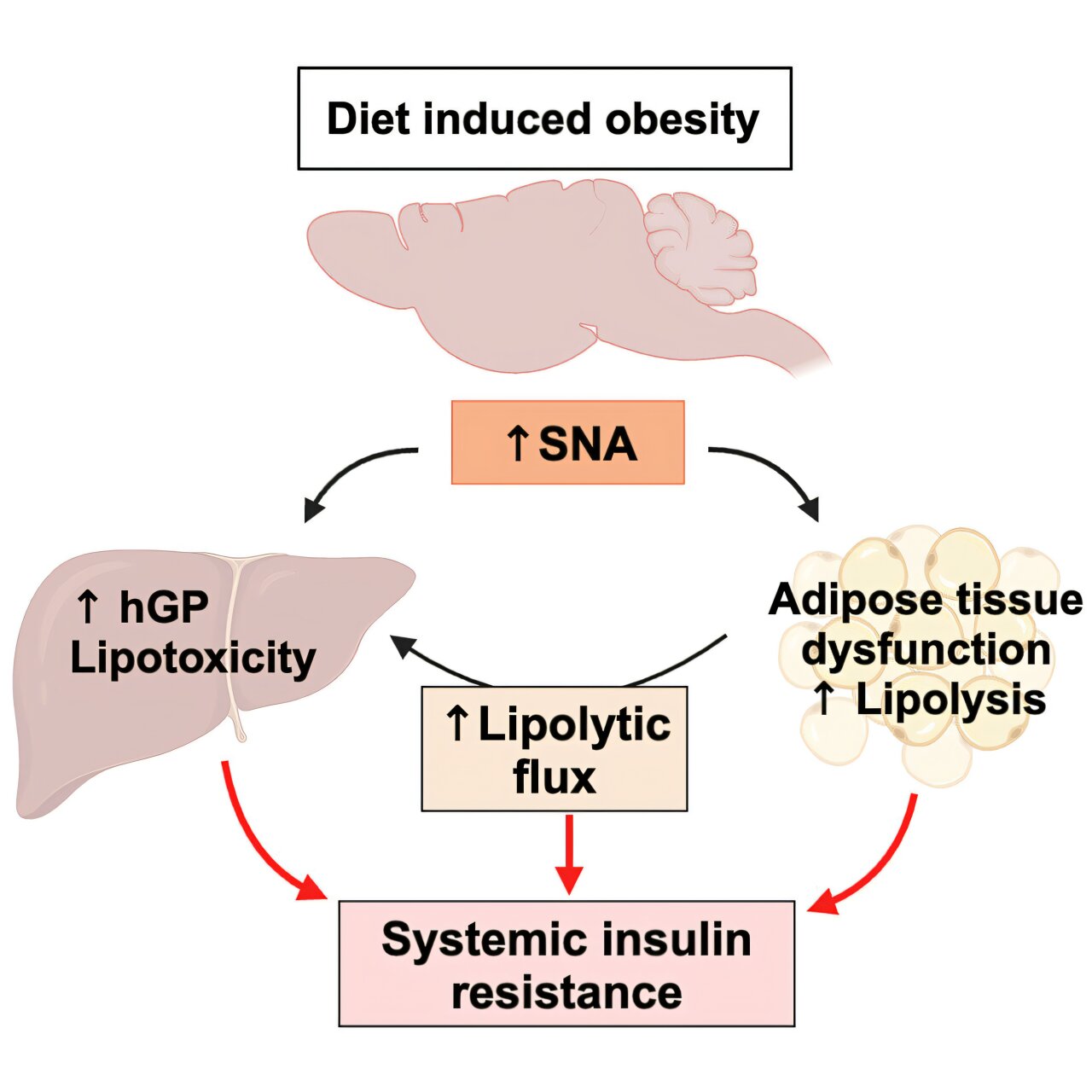Women with higher levels of per- and polyfluoroalkyl substances (PFAS) during pregnancy may experience long-term weight gain and heart problems later in life, according to new research published in The Journal of Clinical Endocrinology & Metabolism.
PFAS are humanmade chemicals found in food packaging, cookware, clothes, drinking water, personal care products and many other consumer goods. These endocrine-disrupting chemicals (EDCs) can interfere with hormones and cause health issues such as obesity, infertility and cancer.
“Our study supports the idea that pregnancy may be a sensitive period of PFAS exposure as it may be associated with long-term weight gain and subsequent adverse cardiometabolic health outcomes in women,” said the study’s first author Jordan Burdeau, Ph.D., of the Harvard T.H. Chan School of Public Health in Boston, Mass. “Our findings may improve understanding of the effects of PFAS on cardiometabolic health during pregnancy, which in turn may improve early prevention or detection of adverse cardiometabolic health outcomes in women.”
The researchers studied 547 pregnant women in their early 30s, comparing their PFAS levels during pregnancy with cardiometabolic health outcomes at age 50. They found women with higher levels of PFAS in their blood during early pregnancy weighed more and had more body fat at 50 years old than those with lower levels, potentially making them more susceptible to obesity and heart health problems later in life.
“It’s important to try to limit your PFAS exposure as it could reduce your risk of health issues later in life,” Burdeau said.
Other study authors include: Briana Stephenson, Jorge Chavarro, Emma Preston and Tamarra James-Todd of Harvard T.H. Chan School of Public Health; Shruthi Mahalingaiah of Harvard T.H. Chan School of Public Health and Massachusetts General Hospital in Boston, Mass.; Marie-France Hivert of Harvard Medical School and Harvard Pilgrim Health Care Institute in Boston, Mass., and Massachusetts General Hospital; Emily Oken of Harvard T.H. Chan School of Public Health, and Harvard Medical School and Harvard Pilgrim Health Care Institute; Antonia Calafat of the Centers for Disease Control and Prevention in Atlanta, Ga.; Sheryl Rifas-Shiman of Harvard Medical School and Harvard Pilgrim Health Care Institute; and Ami Zota of Columbia University Mailman School of Public Health in New York, N.Y.
The National Institute of Environmental Health Sciences, the National Institute of Diabetes and Digestive and Kidney Diseases, and the National Institute of Child Health and Human Development funded the study.


